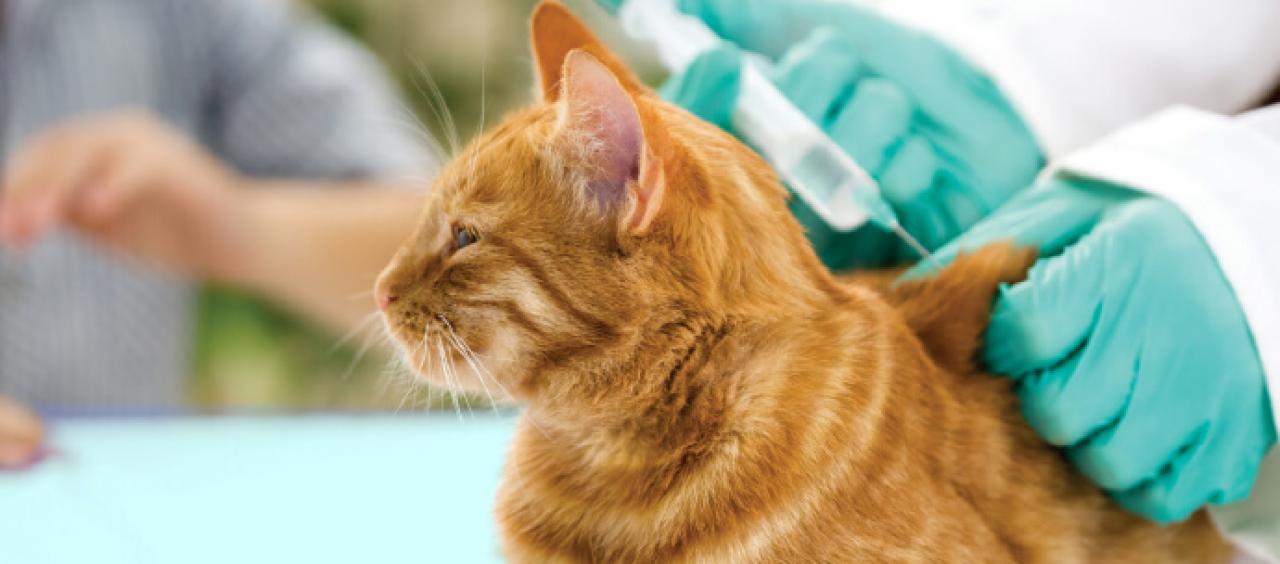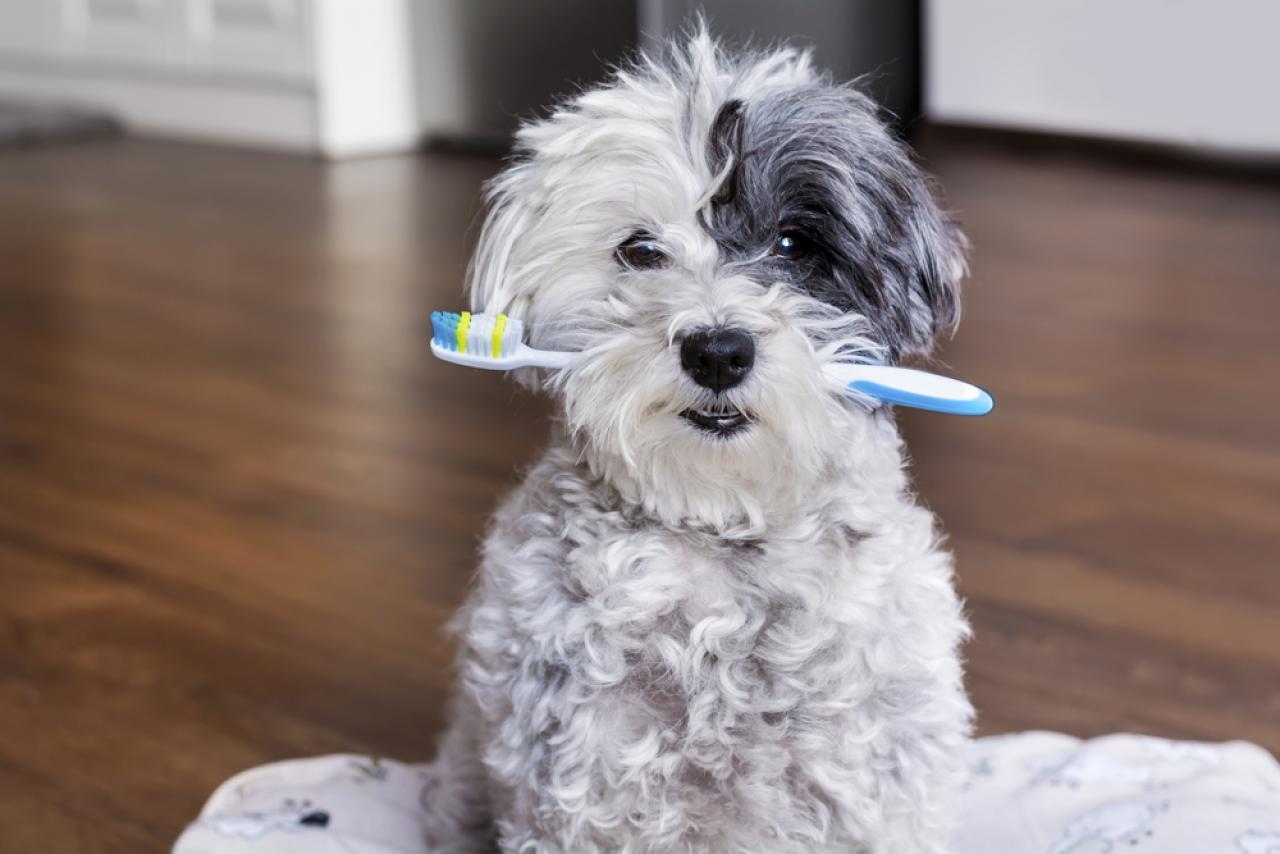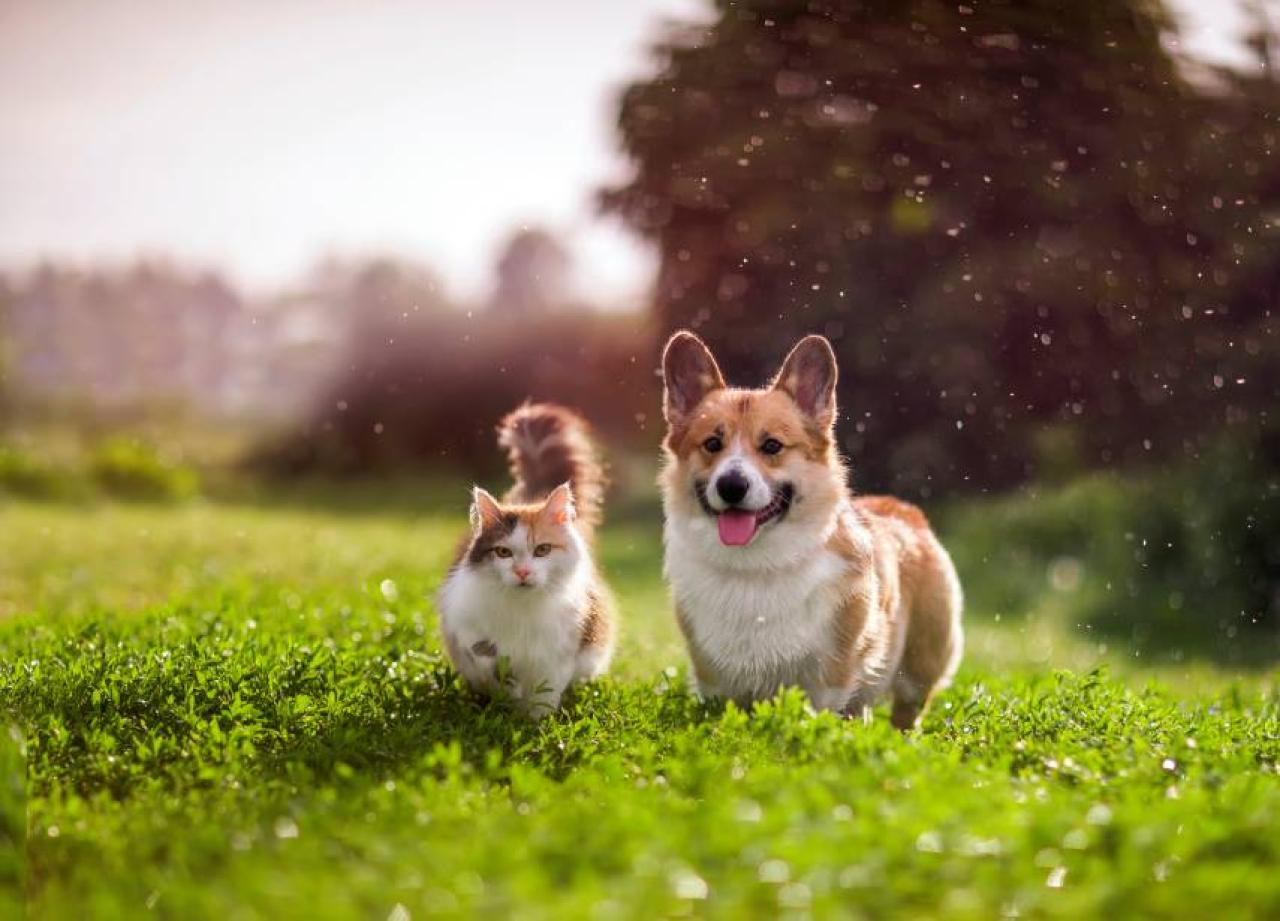What’s pet insurance?
Pet insurance helps protect your cat or dog against the unexpected. It covers the cost of vet bills if your pet is injured or becomes ill.
It means you can access quality care, like access to PawSquad vets, at a lower cost.
What type of cover is best for me?
Compare our two cover options.
Lifetime is our most comprehensive pet cover. Lifetime policies cover your pet for accidents and illnesses up to the policy limit you’ve chosen each year. At renewal, the limit resets.
It’s best if you want long-term cover.
Our Lifetime policy includes:
- Up to £10,000 in vet fee cover
- Up to £2,000,000 in third-party liability
- Up to £2,000 in emergency holiday cancellation cover
- Behavioural, dental and emergency kennel/cattery cover
What isn't covered by pet insurance?
Pet insurance doesn't cover everything. Here's some things we don't cover.
Pre-existing conditions
We don't cover any illness or injury that your pet had before your insurance policy starts.
We define a pre-existing medical condition as something that may have been identified by a vet, be under investigation by a vet, or otherwise known to you before your policy starts. It could be diagnosed or undiagnosed.
Claims within the waiting period
A waiting period is the amount of time you must wait after your policy starts before you can make a claim.
We don't cover any injury that happens within the 24 hours of your policy starting, or any illness your pet gets within the first 14 days.
Routine health treatment
We don’t cover any treatments which are considered routine care or any kind of regular treatment that’s needed to keep your pet healthy. This covers things like:
- vaccination costs
- flea or parasite control products
- bathing, grooming, nail clipping or de-matting your pet
- spaying/castration
Check your policy book for the full list.
Breeding or pregnancy
We don’t cover costs for pregnancy, giving birth, or any medical issue to do with your pet breeding. This applies to both accidental and intentional pregnancies.
For a complete list read more about pet insurance in your policy book for the full list of exclusions.
24-hour free vet helpline
We've partnered with PawSquad to offer you access to 24-hour veterinary advice all year-round.
PawSquad allows you to speak to a qualified, UK-registered vet at any second of the day for advice and treatment options.
Are you a cat or a dog person?
Information you need for your pet insurance quote
To get a quote quickly, make sure you have the following:
Pet details
- Name
- Gender
- Breed
- Age
- Purchase or donation price
- Spay or neuter status
Your details
- Name
- Date of birth
- Address
- Email address
- Phone number
- Date you'd like the policy to start
Don't miss our 15% MultiPet discount
With MultiPet Insurance, you can get 15% off for each pet added to the same policy that's living in the same household - so you can keep your whole pack covered.
You could get 10% off if you're an existing Admiral customer too.
If you qualify for both discounts, we'll take 10% off the full price and a further 15% off the new discounted price - so your total discount will be 23.5%.
Want to add a pet to an existing policy? Give us a call on 0330 029 2319 to get your 15% discount.
How we calculate your pet insurance cost
Calculating your insurance premium involves many factors, as health involves lots of risk. Remember, the cheapest pet insurance may not have the cover your pet needs.
Typically, we'll use this information to calculate your pet insurance quote:
- Age – Like us, animals are more prone to illness as they get older. This means that every year, your insurance premium will increase.
- Breed – some breeds can suffer from medical conditions more often, which can increase their premium. For example, you're more likely to claim if you have a pedigree pet.
- Location – your premium is linked to the cost of vet treatment in your local area. If vet treatment is expensive where you live, then you'll have pricier premiums.
- Claims history - your claim history may affect your price. You’re likely to pay more if you have claimed.
- Medical advances – Medical advancement can sometimes mean more expensive or cheaper treatment which impacts your premium. Premiums will reflect the introduction of new treatment options.
- Legislation – we don't have any say in how much tax we pay on each policy. This can mean we charge more if the government raises the Insurance Premium Tax rate.
How to make your pet insurance cheaper
There are a few things you can do to lower your pet insurance costs:
Look after your pet |
Healthy pets typically incur fewer vet bills which means you’ll enjoy lower pet insurance costs. |
|
|---|---|---|
Choose the breed carefully |
Some breeds are more expensive than others. Pedigree breeds, for example, are more likely to require care, which can increase premiums. |
|
Make the most of Multi Pet and existing customer deals |
Get a great deal with Multi Pet and existing customer discounts. |
Your questions answered
My policy begins with ADMP or ADMM
What is excess?
Excess is an amount you will have to pay towards a claim. With us, all pets under the age of 6 will have a £99 excess. Pets 6 years and over will have an excess of £199.
You can choose to pay the higher excess of £199 if you have a pet under age 6. We’ll deduct this amount from the claims settlement.
There is a £250 excess applied once per claim for Third Party Liability cover (dogs only) and third-party accidental damage cover available on our Platinum tier.
What is a pre-existing condition?
A pre-existing condition is any illness, injury or complication that results from an injury or illness.
A pre-existing condition can be diagnosed or undiagnosed. It refers to a medical condition that has been identified or investigated by a vet or is otherwise known to you prior to the start of the insurance.
A condition is considered pre-existing when it happens within the first 14 days of the policy for illness or 24 hours in the case of injury.
We don’t cover for pre-existing conditions.
Will my price change at renewal?
Your premium may change due to a few factors:
- Age
- Breed
- Location
- Claims history
- Medical advances
- Legislation
Prices are reviewed annually, and we will let you know your new price, including what you paid last year, as a reference.
We want to assure you that the renewal price is already at our most competitive rate based on factors like your pet's breed, age and health.
If you have more than 1 pet, we'll give you 15% off each pet you insure with us on the same policy.
My policy begins with ADU or ADH
How many pets can I add to my policy?
There's no limit to how many cats or dogs you add to your Admiral Pet Insurance policy. Adding more pets will net you a multi-pet discount too.
What is my pet excess?
An excess of £100 is deducted from your benefit for each individual illness or accidental injury treated.
For pets over six-years-old an additional 20% is deducted for Veterinary Fees, Complimentary Medicine, Cruciate Ligament Damage, Special Diet and Dentistry (where these are covered) for each claim payment. This amount is deducted from the claims settlement.
Here's an example calculation for the amount you'll pay in the event of a claim for pets over six-years-old if a valid claim happens for veterinary fees totalling £400:
- The amount claimed = £400
- Minus the fixed excess of £100 = £300
- Minus the variable excess of 20% (£60) = £240
- Total excess paid by you (£100 + £60) = £160
- Total paid by us = £240
A £250 excess applies once per claim for Third Party Liability cover (dogs only).
Will my pet be covered for third party damage?
Accidental Damage (Premier and Premier Plus Only) If your pet damages someone else's personal items while in their property we will cover the cost to repair the damage or replace subject to the cover limit. Exceptions apply, see Section 8 of the policy booklet for full terms and conditions.
Your policy transfer to EUI
Transfer of policies
Admiral (EUI) will be taking over the administration of the Pet insurance policies from Insurance Factory Limited. For any policies due to renew on or after 20/06/2024 you will be sent a letter explaining what is happening near your renewal date.
Why are you changing administrator / underwriter?
Currently your Admiral policy is arranged and administered by Insurance Factory Limited. In keeping with Admiral's (trading name of EUI Ltd) desire to provide an increasingly effective service to our customers, we are taking over the administration and underwriting of the Pet Insurance product, and no longer using Insurance Factory Limited as a third-party administrator.
Will my cover change?
The new policies will be similar to the current ones, however we will no longer be offering Maximum Benefit or Accident Only policies. If you have one of these, EUI Ltd will be more than happy to offer you one of our other products. Your current cover will cease on the renewal date, so it's important you contact us following this letter to talk through your options. EUI Ltd are continuing to offer Time Limited and Lifetime policies, all changes will be outlined in your policy documents.
Read more about our customers' experiences
We care what our customers have to say about us.





